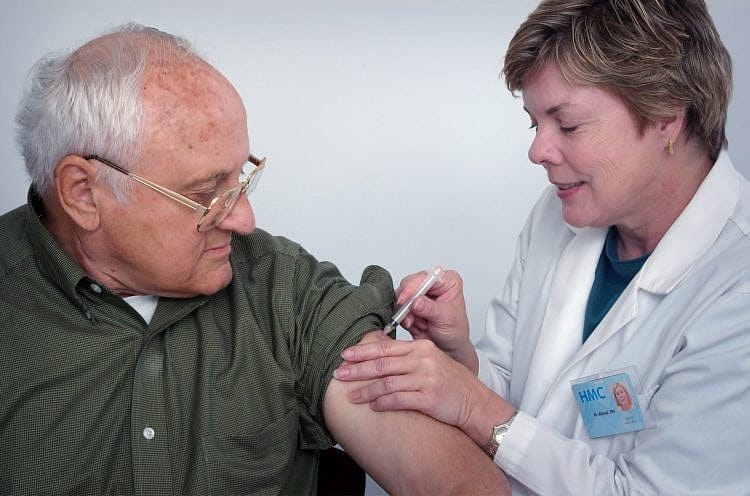News

Type 1 Diabetes Not Considered A Condition Worthy of COVID-19 Vaccine In Massachusetts Despite CDC’s Warnings

Are you a diabetic?
Then you may be eligible for the coronavirus vaccine in Massachusetts.

